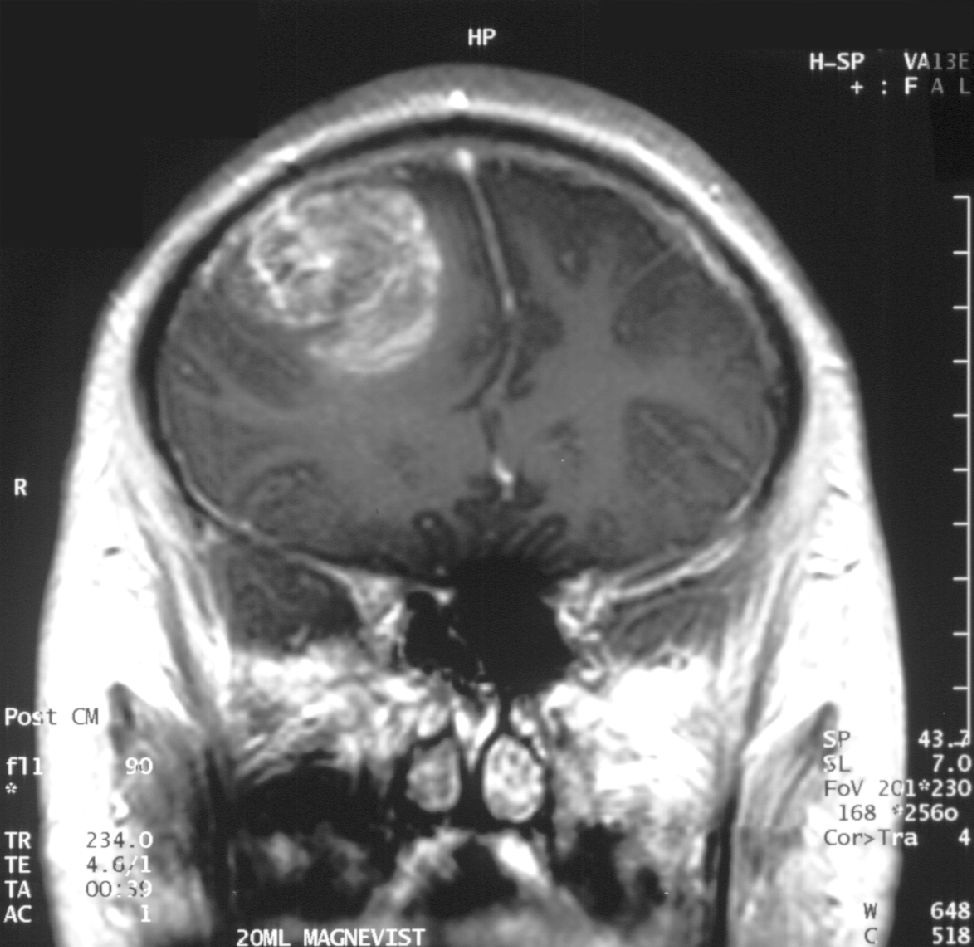
A nasal spray that could alleviate symptoms of depression in just a few hours has been approved by the US Food and Drug Administration (FDA) – though the decision has attracted its share of criticism and controversy. The new drug, called esketamine, is a molecular variation of ketamine, which is already being used as an anesthetic, an antidepressant, and a party drug.
Esketamine will be sold as a spray called Spravato and is intended for patients with treatment-resistant depression, meaning they have failed to respond to at least two other types of antidepressant. Because of ketamine’s mind-altering effects and high potential for abuse, patients will be required to take Esketamine in a doctor’s office or clinic and remain under medical supervision for two hours after administration.
Most people with a diagnosis of depression are prescribed selective serotonin reuptake inhibitors (SSRIs) such as Prozac. These ensure that neurons have access to an increased amount of the neurotransmitter serotonin, which is a key emotional regulator. However, it is thought that around one-third of people with major depressive disorder (MDD) do not respond to conventional medications for the condition, which is why researchers are hunting for alternative treatments.
Continue reading “FDA Approves New Fast-Acting Ketamine-Derived Antidepressant Spray” »


















